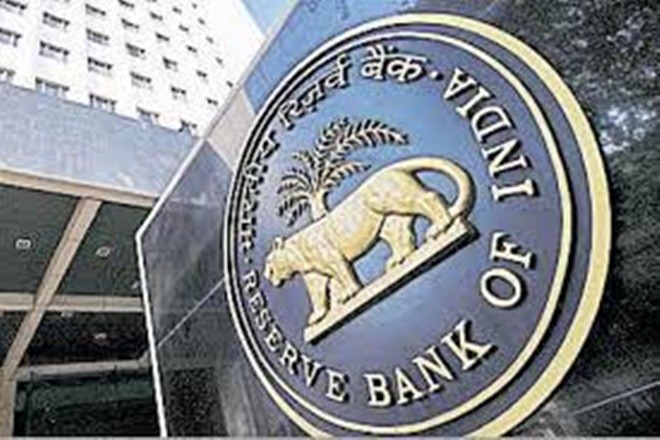
The Supreme Court on Wednesday termed the Reserve Bank of India's ban on dealing in cryptocurrency, virtual currencies such as Bitcoin "unjustified" and "knee-jerk reaction".
This is a major development for the cryptocurrency sector, as the RBI ban, through a 2018 circular, restricted lenders from banking transactions for cryptocurrency exchanges and traders.
A bench headed by Justice R.F. Nariman allowed a batch of pleas challenging the 2018 RBI circular, which prohibited banks and financial institutions from providing access to those engaged in transactions in crypto assets.
Quashing this RBI circular, the apex court said, "If a central authority like RBI, on a conspectus of various factors perceives the trend as the growth of a parallel economy and severs the umbilical cord that virtual currency has with fiat currency, the same cannot be very lightly nullified as offending Article 19(1)(g)."
This Article in the Constitution gives right to practise any profession, or to carry on any occupation, trade or business.
This ruling opens the gate for the virtual currency investors and businesses in India.
Crypto currencies are digital or virtual currencies in which encryption techniques are used to verify transfer of funds and regulate the generation of their units. These currencies operate independently of a central bank.
In another case where hearing is in progress, the Supreme Court will decide on regulations for digital currencies, and in the backdrop of this judgement, it is expected that strict norms might not be considered.
The apex court also criticized the apprehension attached with cryptocurrency. "The other stakeholders such as the Enforcement Directorate, which is concerned with money laundering; the Department of Economic Affairs which is concerned with the economic policies of the State; SEBI which is concerned with security contracts; and CBDT which is concerned with the tax regime relating to goods and services, did not see any grave threat", said the top court terming RBI's circular a knee-jerk reaction, which is not acceptable.
The Internet and Mobile Association of India (IMAI), the petitioner in the matter, had argued the RBI barred all the entities regulated by it from providing services to any individual or business dealing in virtual currencies.
The IMAI contended that since access to banking is the equivalent of the supply of oxygen in any modern economy, the denial of such access to those who carry on a trade which is not prohibited by law, is not a reasonable restriction and that it is also extremely disproportionate.
The top court noted that the petitioners are entitled to succeed and the RBI circular issued on April 6, 2018, "is liable to be set aside on the ground of proportionality".
According to the April 6, 2018 circular, the entities regulated by the Reserve Bank of India were prohibited from "providing any service in relation to virtual currencies including those of transfer or receipt of money in accounts relating to the purchase or sale of virtual currencies".
The top court observed that according to the petitioner, the crypto asset industry is estimated to have a market capitalization of approximately 430 billion US dollars globally. India is estimated to contribute between 2 and 10% based on various estimates, and the total number of investors in Indian crypto market was approximately 20 lakhs and the average daily trade volume was at least Rs 150 crore.
Making an observation on RBI's apprehension on cryptocurrency interaction with other financial entities, the court said , "The RBI has not come out with a stand that any of the entities regulated by it namely, the nationalized banks/scheduled commercial banks/cooperative banks/NBFCs has suffered any loss or adverse effect directly or indirectly, on account of the interface that the VC (virtual currency) exchanges had with any of them."
The court also said that Indian economic conditions cannot be placed on par with western countries. "Therefore, we will not test the correctness of the measure taken by RBI on the basis of the approach adopted by other countries, though we have, for better understanding of the complexities of the issues involved, undertaken a survey of how the regulators and courts of other countries have treated virtual currencies," said the court.


.jpeg)

